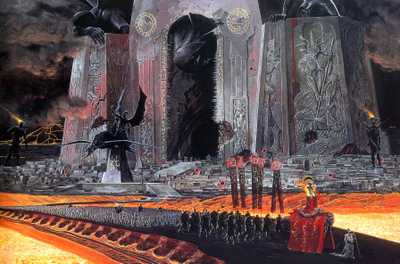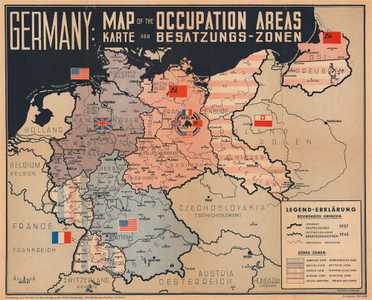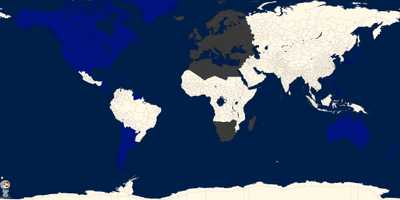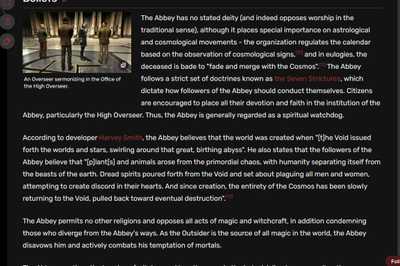>>2959Of course, I have read Yockey - moreover, I read Imperium first time more than 8 years ago and since then I have read everything related to his legacy - all sorts of essays, biographies, etc. Yockey begins where Spengler ends - an understanding of Spengler's Cultural Morphology is necessary for the correct perception of Yockey and his ideas.
Yockey's main idea, as is easy to guess from the title of his book, is the Imperium - a pan-Western superstate, by analogy with the Roman Empire in Classical Culture, in which the spirit of the superman will reign - unification of law, colossal architecture and infrastructure, as well as authoritarian leadership of the Caesarian type - this idea is archetypal in all the other seven High Cultures identified by Spengler. In Spengler's understanding and his morphology, passing into the stage of late Civilization, High Culture on its "last breath" gathers itself together into a universal state - nations according to Spengler gradually die, turning into a landscape with a homogeneous population - in turn, the last, most viable nation gathers their remains into a despotic Empire, to some extent creating a synthesis of everything that Culture has produced. In China, such an Imperium was the Qin Empire, created by Ying Zheng, in India - the Mauryan dynasty, in the Magic-Arab Culture the empire of the Seljuk Turks - everywhere one of the same mechanism.
Yockey believed that the role of unifying the West, which was in a decadent (Hellenistic) state, belonged to the Prussian-German nation (Spengler had already likened Prussia-Germany to the Italic peoples of the Ancient World) - the Empire "brings order", defeating decadence with brute force and authority, allowing Culture to live out its remaining 200-400 years in relative "health" and, if possible, "cement" itself in good condition.
However, according to Yockey, the natural course of development of Western history was disrupted by the so-called "cultural pathology", when cultural-parasitic populations from other cultures (in particular, Jewry) gained financial and political power over the West, "slowing down" its historical processes - hence the fact that Germany lost both world wars, and the Western world still cannot get out of the state of the 19th century, with its capitalism, parliamentary democracies, liberalism, etc.
Thus, the Imperium of Yockey acquires not only a political, but also an organic dimension - victory over all the phantoms of the 19th century is necessary not only for the triumph of the political-legal form natural for the West - the Empire, but also for the recovery of this Cultural organism, so that it does not die before its time.
The Empire that will stretch from the Ural Mountains to Oceania will be a "city on a hill" for the rest of the world - the West is not obliged to subjugate the whole world through a globalist agenda, but to preserve its identity by erecting the greatest monument of its thousand-year history - the Imperium. As I have already mentioned, the Empire will synthesize everything that Culture has created - religions, philosophies, national identities, creating an organic synthesis from this - there will be no Germans, no French, no Italians - only people of the West, just as in the time of Augustus there were no more Etruscans, no Athenians, no Spartans - but only the populus Romanus. The Imperium for the West is the triumph of its will, a real state of the superman - imagine the Roman aqueducts and colossal monumental architecture, like the Flavian Amphitheatre or the Pantheon, but add to this the power of Western technology and scientific genius - and you will see what the Imperium will be like.
Therefore, for me personally, the Imperium is not just a political fantasy, but an aesthetic ideal - a world in which everyone will know their place and in which there will be a meaning for future generations of Western people to live.



